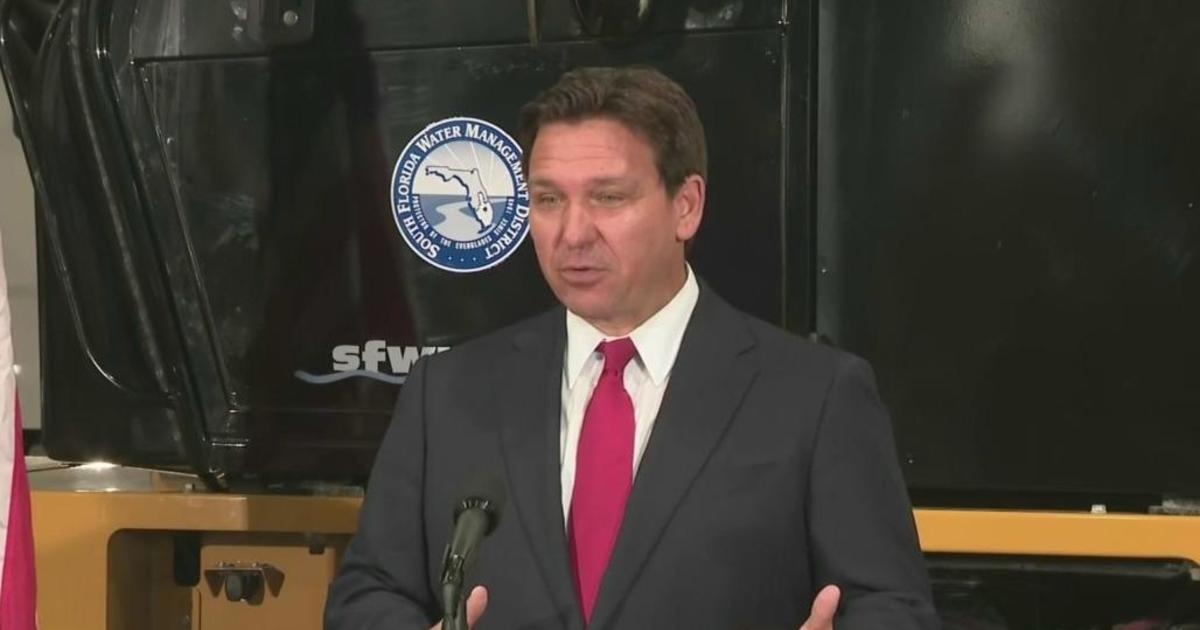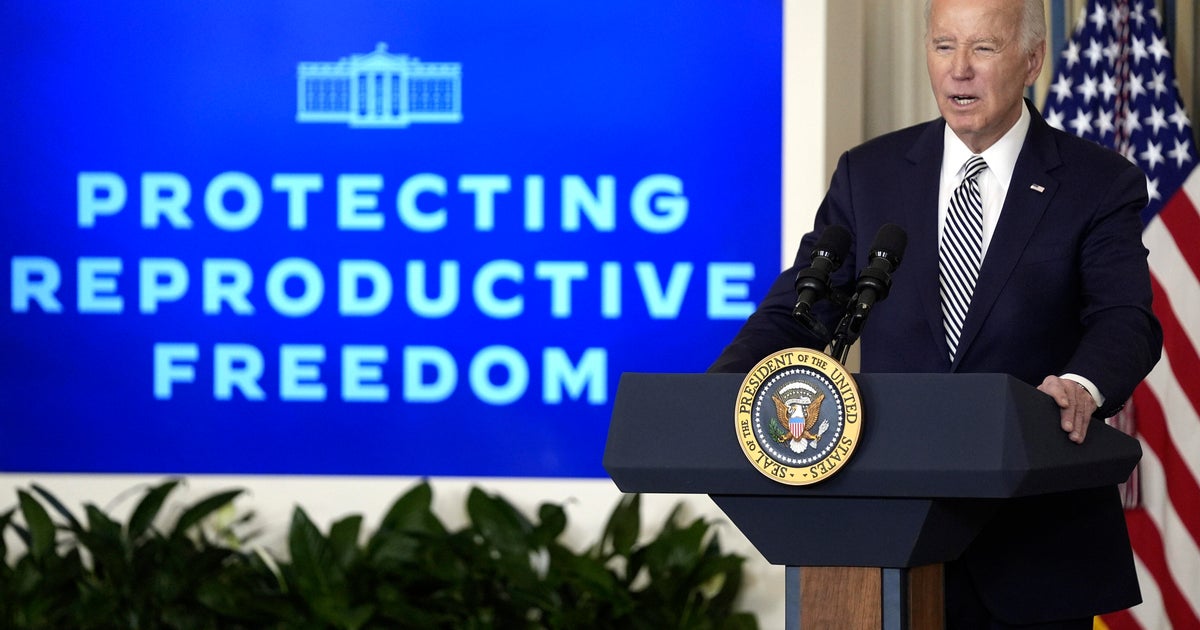Online Tax Plan Easily Clears Florida House
TALLAHASSEE (CBSMiami) - A plan to use taxes on sales by out-of-state online retailers to help Florida businesses is heading back to the Senate for a final vote after passing in the House on Thursday.
With several Democrats arguing that working Floridians will be hurt by the proposal, the House voted 93-24 in support of the measure (SB 50). It would require out-of-state retailers to collect and remit Florida's sales tax, producing an estimated $1 billion a year in revenue for the state.
The money would initially be used to replenish the state's Unemployment Compensation Trust Fund, which became depleted during the COVID-19 pandemic. After the fund is replenished, the revenue would be used to make a major cut in a tax on commercial rent.
The Senate voted 30-10 to approve the bill on March 29 without the commercial-rent provision. As a result, the bill will have to go back to the Senate for a final vote.
Senate President Wilton Simpson and House Speaker Chris Sprowls agreed to reduce the commercial rent tax from 5.5 percent to 2 percent. Some House Democrats argued the proposal would raise sales taxes on shoppers and assist businesses without directly helping Floridians.
"Those with the least to give will have to give the most," House Minority Co-leader Rep. Evan Jenne said. "But they won't just be taxed for a nebulous increase. It will be very specifically to bail out the state's abysmal, failed unemployment system, that man-made swamp millions of Floridians had to and continue to trudge through."
Republicans have argued businesses pay taxes that go into the unemployment trust fund. Without the bill or some other way to replenish the fund, businesses will face continued increases in the unemployment taxes.
Before the pandemic, businesses paid $7 per employee in unemployment taxes. The rate went to $49 this year and could jump to $87. Proposals to collect online sales taxes in the past have failed because of concerns by Republicans that they could be viewed as increasing taxes on consumers.
Retailers that have a "physical presence" in Florida are already required to collect and remit the taxes. But retailers without such a presence don't face the requirement when they make sales to Floridians, who are technically supposed to send in sales taxes on their purchases --- though few do.
(©2021 CBS Local Media. All rights reserved. This material may not be published, broadcast, rewritten, or redistributed. The News Service of Florida contributed to this report.)



